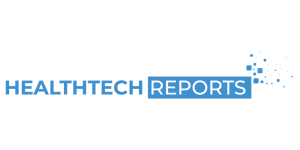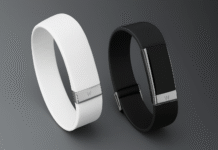Samsung Electronics has taken a bold step toward expanding its mobile healthcare ecosystem by acquiring U.S.-based digital health platform Xealth. This strategic move reflects the company’s growing focus on the healthcare sector as it seeks to diversify beyond its traditional semiconductor and smartphone businesses.
While the exact financial details of the deal remain undisclosed, Samsung confirmed the acquisition on Tuesday, stating that it aims to integrate Xealth’s digital health capabilities with its advanced wearable technology.
Xealth currently supports digital health programs for over 500 hospitals in the United States, facilitating communication between care providers and patients by managing health data and personalized care plans.
Samsung believes the collaboration will create synergies between real-time health monitoring through wearables and Xealth’s robust data platform, thereby improving outcomes for patients and offering new value to healthcare providers.
The integration could enable users of Samsung devices to access tailored healthcare solutions, track medical progress, and engage with providers directly through digital platforms.
This acquisition comes as part of Samsung’s broader strategy to explore new growth areas. The company has identified healthcare, consumer audio, heating and cooling systems, and robotics as its next-generation growth engines. It is also attempting to rebound from challenges in its semiconductor division, particularly amid slower-than-expected AI chip sales.
In May, Samsung acquired German firm FläktGroup for €1.5 billion ($1.68 billion) to meet data center cooling demand amid the AI boom. Chairman Jay Y. Lee emphasized the company’s commitment to long-term growth through mergers and acquisitions.
However, despite these ambitious moves, Samsung recently reported a 56% decline in second-quarter operating profit, largely due to underperforming AI chip sales. This sharp fall has raised concerns among investors about the company’s ability to compete in the fast-evolving tech landscape dominated by rivals like Nvidia.
Still, the acquisition of Xealth marks a promising pivot toward digital health, a sector with enormous growth potential fueled by global demand for connected, data-driven medical solutions. By merging its wearables with Xealth’s proven platform, Samsung positions itself as a serious contender in the AI-powered healthcare space.











